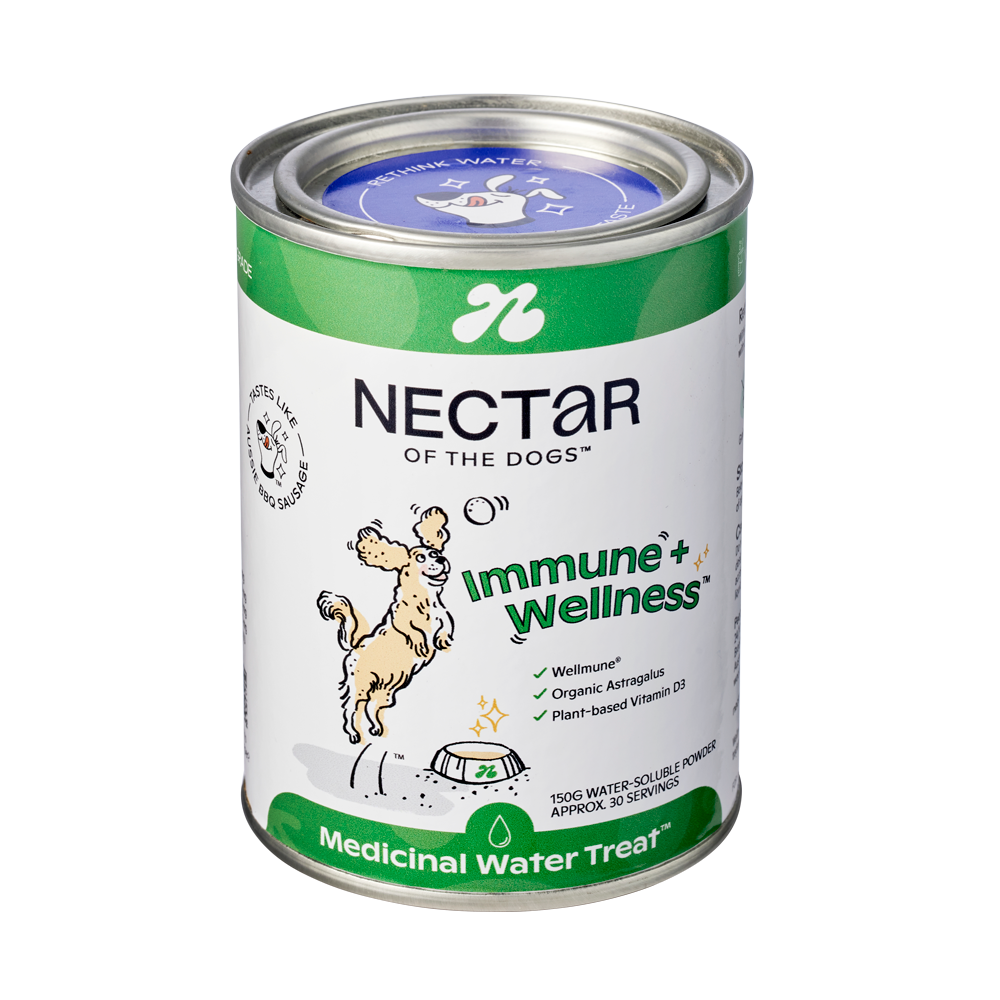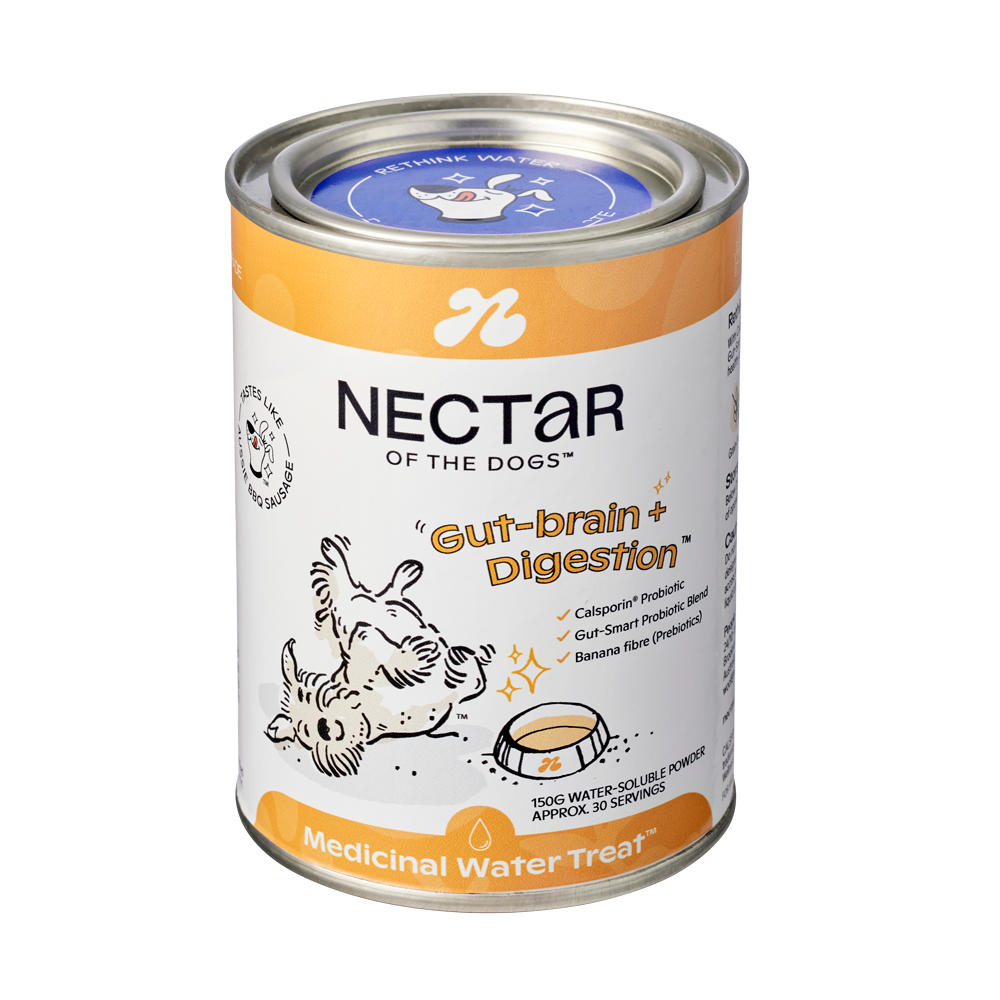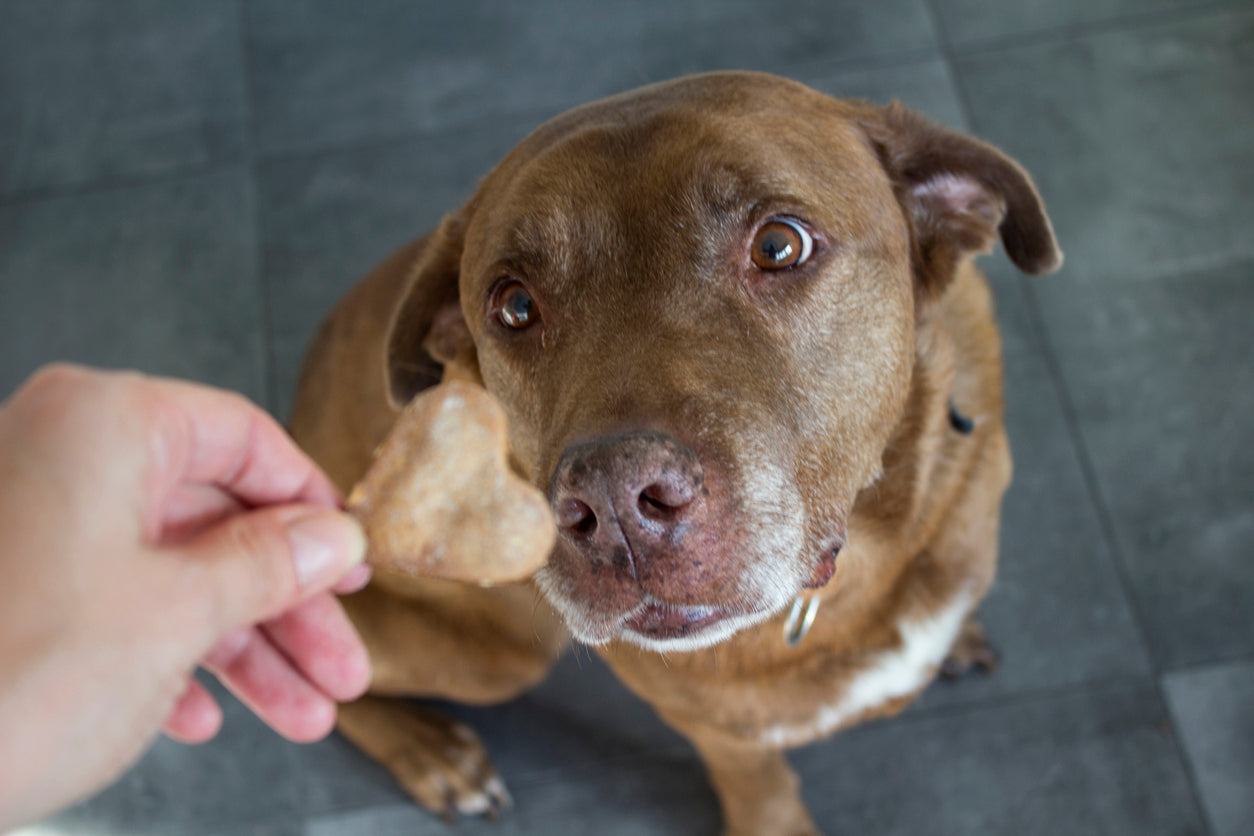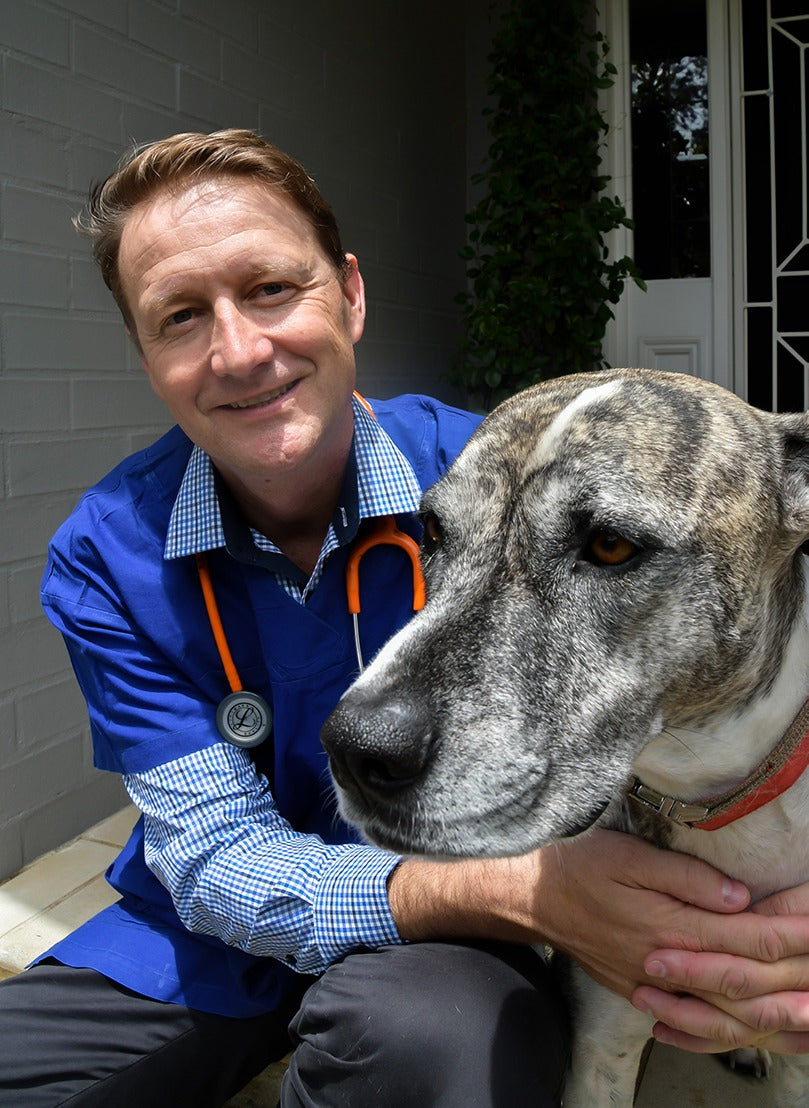Common Immune Weaknesses In Dogs
Dogs are very good at hiding their ailments. They also don’t tend to get the same symptoms as humans when they’re sick, so it can be easy to miss the signs.
While dogs may be exposed to more bacteria than humans in their lifetime and have a more acidic stomach to manage these bacteria, their immune system isn’t necessarily stronger than ours.
Your dog’s immune system is both a complex and delicate thing. Various factors can affect their immune health in a similar way to us humans.
When the immune system is compromised or not functioning correctly it can lead to chronic inflammation and your dog may become more vulnerable to illnesses.
Factors like diet, stress, sleep and hereditary factors can all cause a weak immune system in dogs, so understanding these issues and how to improve these risks can also help keep your dog healthy.
Why is your dog’s immune system so important?
A healthy immune system acts as a shield against pathogens and helps with the recovery from illness. It is your dog’s 24/7 “guard dog” - assuring surveillance and protection in a careful and controlled way.
Dogs need their immune system to:
- Protect against external pathogens, viruses, fungi, and toxins
- Shield against harmful foreign substances that are ingested
- Fight diseases born within the body
- Produce phagocytes (a type of white blood cells), which destroy invading substances
- Produce lymphocytes to help the body remember the invaders and destroy them the next time
How does a dog’s immune system work?
The major components of a dog’s immune system are concentrated in the lymph system, the blood, the thymus, bone marrow, spleen, lungs, liver and the gut.
To keep it simple, when the body detects anything that’s not its own or that behaves in an abnormal way, it triggers a response to fight this invader.
There are 3 main ways the immune system of a dog can respond to an invader:
- Physical barrier to avoid the invader to get it - this includes the skin & coat, the gut lining, the respiratory tract as well as fluids like tears and saliva.
- Non specific immunity - This is also called innate immunity as it is present at birth and doesn’t need to be “learned” by the body. It is the inflammatory process where the body sends white blood cells to fight foreign organisms.
- Specific immunity - This response is usually learned or acquired by the body (from vaccines for example) and singles out a specific antigen to fight against it. Once encountered, the body becomes faster and more efficient at recognising and fighting against an antigen.
Common Immune System Disorders
A balanced immune system is a healthy immune system, one that responds quickly and effectively to every real threat without reacting to normal or healthy events.
However, when the immune system is not working effectively, it can be overactive or under-active.
Disorders that come from an under-active immune system are usually called immune deficiencies, also known as a weak immune system. These can be hereditary (primary) or acquired (secondary) and put dogs at an increased risk of infections.
It is simply when the immune system is not as responsive as it should be when exposed to a virus, bacteria or other invader. Some breeds are unfortunately known to be more predisposed than others to primary immune deficiencies - for example : Beagles, German shepherds, Jack Russells and Irish setters.
On the other hand, an overactive immune system can create immune-mediated disorders (also known as autoimmune disorders) where the immune system mistakenly attacks parts of its own body thinking that it is a foreign invader. Examples of immune-mediated diseases include atopy or allergic skin disease, allergic reactions to food, polyarthritis and hemolytic anaemia.
Why do some dogs have a weak immune system?
Hereditary and environmental factors can weaken your dog’s immune system.
A weakened immune system can be caused by:
- Hereditary / Congenital immunodeficiency
- A viral or bacterial infection
- Allergies
- Stress
- Vaccines and medication
- Age
- Diet
Immunodeficiency in dogs
Not all immune systems are built the same way.
As we have seen, for some unlucky pups, they’re born with immunodeficiencies which mean that their immune defences are naturally weaker than others.
But immunodeficiency can also be caused by other primary diseases that will trigger a weakened immune system. Often, secondary immunodeficiency disorders will come on with age or after a period of illness where the immune system never fully recovers. Once developed, it is considered a chronic illness.
In most cases, this sounds scarier than it is. It just means that their immune system can’t fight off viruses and infections as well as other dogs might.
How do I know if my dog is immunodeficient?
You may consider a trip to the vet if you notice symptoms like:
- Recurring infections
- Failed response to antibiotics
- Poor growth
- Skin infections
- Lethargy
- Post vaccination illness
- Immunodeficiency in their lineage
How is immunodeficiency treated?
It is important to note that the treatment can be very different depending on whether an underlying secondary cause can be identified. Veterinary assessment with multiple tests will most likely be required to get to the right diagnosis.
Not all dog’s will need to take medication - it depends on the severity of their condition. Some will go their whole lives with a weakened immune system, but will be able to get by with a good diet and a bit of extra care.
Others will need to seek medical help, so always speak to your vet to see what they would recommend for your dog.
Supporting your dog’s immune system
Your dog’s immune health changes throughout their life. From 0-21 days, they build an immune system from scratch, and this time is crucial to their survival.
From there, their immune system continues to strengthen as they’re exposed to more and more pathogens that help them build an immune response.
General tips to support a healthy immune system include:
- Limit stress
- Feed a complete and balanced diet
- Regular exercise
- Mental stimulation
- A good sleep routine
- Supplementation to support the immune system
For more tips you can read How to promote a healthy immune system in dogs
Dog immune system nutrients
One of the other ways to support your dog’s immune health is via diet and supplementation.
Best nutrients to support the immune system in dogs are:
- Omega-3s (fish oil)
- B-glucans
- Astragalus
- Cordyceps
- Reishi
- Vitamin D
Strengthen your dog’s immune system
Dogs don’t have the voice to tell us when they’re feeling a little run down, but sometimes you just know.
If you’re noticing lethargy and ageing in your best friend, talk to your veterinarian about introducing immune health supplements into their daily routine.
Want to learn more? Read up on all the benefits of Beta Glucans in our recent blog article.













